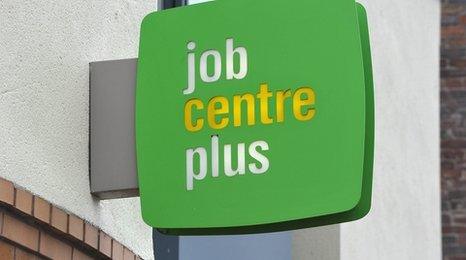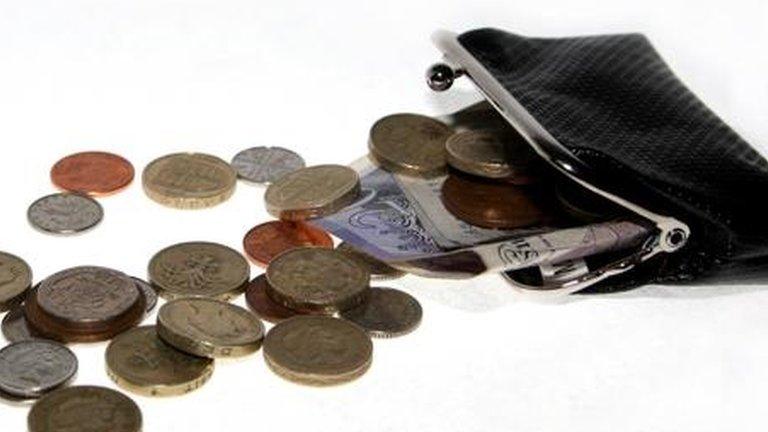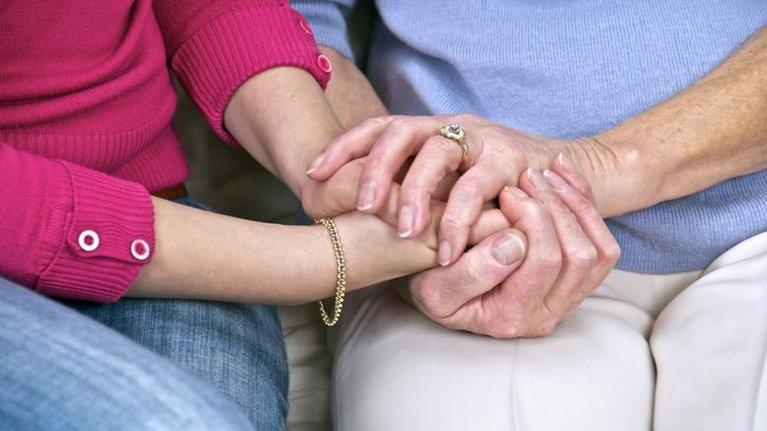Newsbeat's guide to... universal credit
- Published

A new universal credit system has been introduced to transform the way benefits are paid.
The pilot scheme, which has started in Greater Manchester, will move some people from a range of benefits to one single payment.
It's the biggest change to the benefits system since the 1940s and will affect nearly six million people.
All claims need to be made online and will be dealt with using a complex computer system.
Why are these changes happening?
The government says too many people take benefits when they could be working.
Ministers argue the new computer system is simpler and more effective.
The idea is to reduce the amount of fraud and error which costs taxpayers billions of pounds a year.
How will it work?
Al six working-age benefits will be merged into one single universal credit payment.
Benefits like income-based jobseeker's allowance, child tax credit and housing benefit will be paid once a month, rather than fortnightly or weekly.
Money will go directly into one bank account or as a single payment for the household.
Under universal credit, people who receive help for their rent as part of your benefit payment, will then have to pay their landlord directly.
Do the changes involve more personal money management?
The government says monthly payments will mirror how people receive wages so they are better prepared for the world of work.
People will need to check their payments and organise their budgets after making the initial claim online.
When will these changes begin?
A small number of new claimants, who are single and live in parts of Ashton-under-Lyne in Tameside, Greater Manchester will be affected from the 29 April.
Trials in Oldham, Wigan and Warrington were due to start at the same time, but have now been delayed until July.
From October, more claimants will move on to universal credit. Then from April 2014 until October 2017, the rest of those affected in England, Scotland and Wales will be moved over to the new system in stages.
It will start in Northern Ireland from April 2014.
Will most people be be better off?
It's estimated there will be an average gain of £16 per month in all households, according to ministers.
The Institute for Fiscal Studies believes the poorest are likely to do better, especially couples with children. However, in many cases, the second earner in a family is likely to lose out in the long-term.
Some charities also argue that those with more complex benefits claims may lose out, like people with disabilities who go to work.
What are the other big worries?
Labour says the payments will mean more people struggling to manage their finances, with some even turning to loan companies for help.
The Unite union claims these new changes create a division between a "deserving" and an "undeserving poor".
Follow @BBCNewsbeat, external on Twitter
- Published29 April 2013

- Published30 January 2013

- Published11 November 2010